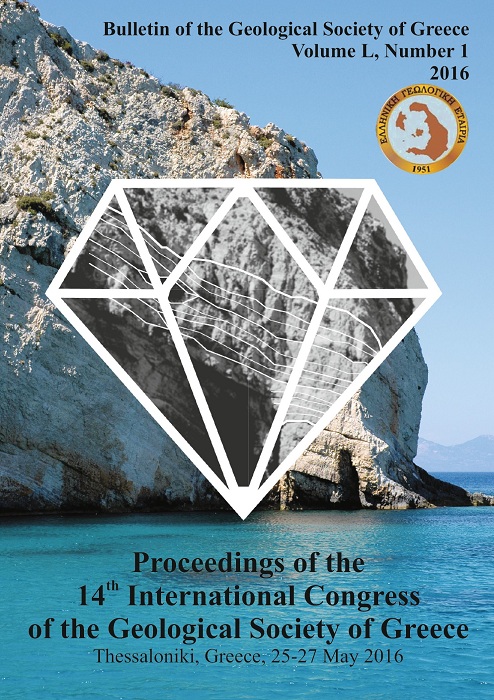EXPERIENTIAL LEARNING: THE ROCK CYCLE IN A WORKSHOP - PRESENTATION AND EVALUATION OF THE TEACHING APPROACH
Résumé
A research organised in the frame of the European project GEOschools to investigate the interest of students and teachers in geosciences in secondary school, concluded that both students and teachers are deeply interested, among other things, in the teaching strategies applied to teaching Geology. Bearing this in mind, a workshop was designed about the rock cycle, simulating the natural processes that take place in earth’s lithosphere, using everyday objects. The workshop was then carried out with the help of students and/or teachers of secondary school who evaluated the whole endeavour in terms of efficiency in imparting knowledge and acquisition of a deeper understanding of otherwise difficult concepts through evaluation sheets.
Article Details
- Comment citer
-
Psychogiou, M., & Chrysostomidis, P. (2016). EXPERIENTIAL LEARNING: THE ROCK CYCLE IN A WORKSHOP - PRESENTATION AND EVALUATION OF THE TEACHING APPROACH. Bulletin of the Geological Society of Greece, 50(1), 245–254. https://doi.org/10.12681/bgsg.11725
- Rubrique
- Teaching Earth Sciences

Ce travail est disponible sous licence Creative Commons Attribution - Pas d’Utilisation Commerciale 4.0 International.
Authors who publish with this journal agree to the following terms:
Authors retain copyright and grant the journal right of first publication with the work simultaneously licensed under a Creative Commons Attribution Non-Commercial License that allows others to share the work with an acknowledgement of the work's authorship and initial publication in this journal.
Authors are able to enter into separate, additional contractual arrangements for the non-exclusive distribution of the journal's published version of the work (e.g. post it to an institutional repository or publish it in a book), with an acknowledgement of its initial publication in this journal. Authors are permitted and encouraged to post their work online (preferably in institutional repositories or on their website) prior to and during the submission process, as it can lead to productive exchanges, as well as earlier and greater citation of published work.



